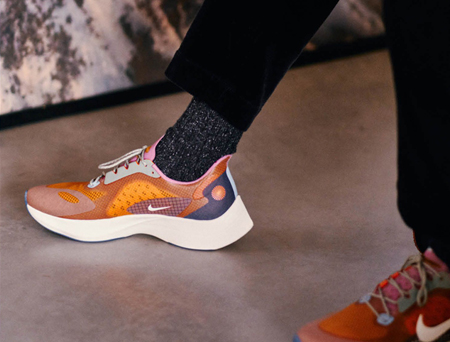Correct and consistent mask use is an important step everyone can take to reduce the risk of catching and spreading COVID-19. Masks are most effective when everyone is wearing them, but not all masks provide equal protection. How tight the mask fits, how well it filters the air, and how many layers it has are all important factors to consider when choosing the type of mask to wear. Wearing a mask around people who don't live with you or when someone in your home is sick is now even more important with the spread of new variants of COVID-19, some of which appear to be contagious. spread more easily and quickly than the virus that originally caused COVID-19.
The KN95 mask is a type of face mask with a filter commonly manufactured and used in China. KN95 respirators may be preferred in some situations or for certain people - especially for situations requiring prolonged close contact with people who do not live in the same household, or for those at risk. critically ill due to COVID-19.
“Filters up to 95% of airborne particles (when they meet the requirements and are not fake/fake and when an appropriate fit can be achieved).”
CDC does not recommend the use of N95 respirators for protection against COVID-19 in settings other than healthcare settings. N95 respirators must be given priority to healthcare workers and other personnel are required to wear them to protect against other hazards.
Another important step to increase mask protection is to improve filtration. The mask captures respiratory droplets containing the virus when the wearer exhales, preventing them from being released into the outside air and protecting others. They also act as a barrier to protect the wearer by capturing respiratory droplets containing the virus exhaled by others, so that the wearer does not inhale them. Respirators with improved filtration will prevent more respiratory droplets containing the virus from entering the mask if others are sick, or coming out of the mask if you are sick.
COVID-19 is spread primarily from person to person through respiratory droplets that come out of the nose and mouth when people breathe, cough, sneeze, talk, scream, or sing. These respiratory droplets travel through the air and can then land in the nose and mouth of others, spreading COVID-19. Therefore, to be effective, a mask covering the nose and mouth should be worn at all times.
Ensuring that the mask fits snugly over the face is important to help prevent infection and spread of COVID-19. A common problem with some masks is that there can sometimes be a gap between the mask and the wearer's face. When there is an opening, respiratory droplets containing the virus can leak in and out around the edges of the mask (on the top or sides). To help prevent air leaks, the mask should fit snugly on the sides of the face and have no gaps.
Master
All Author Posts


